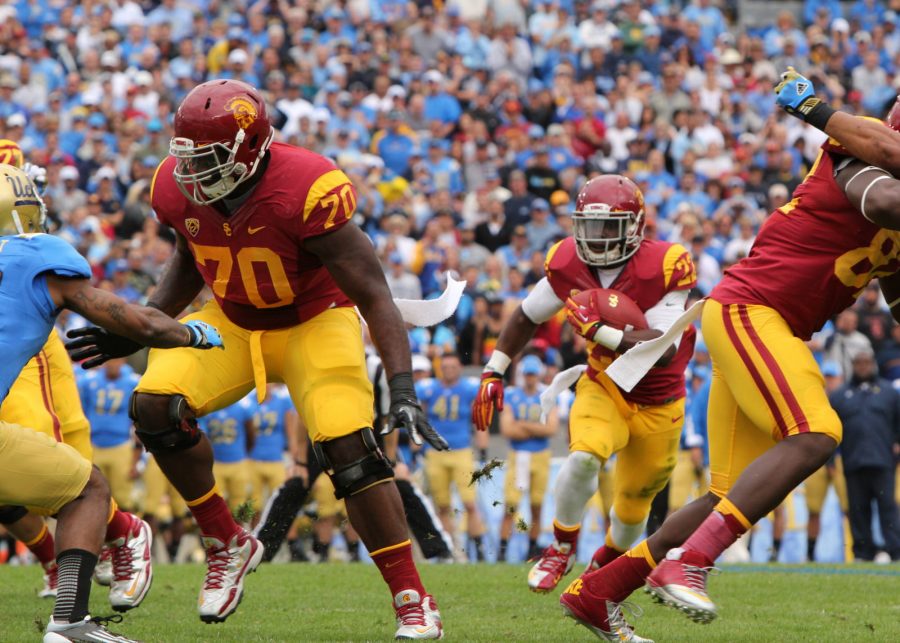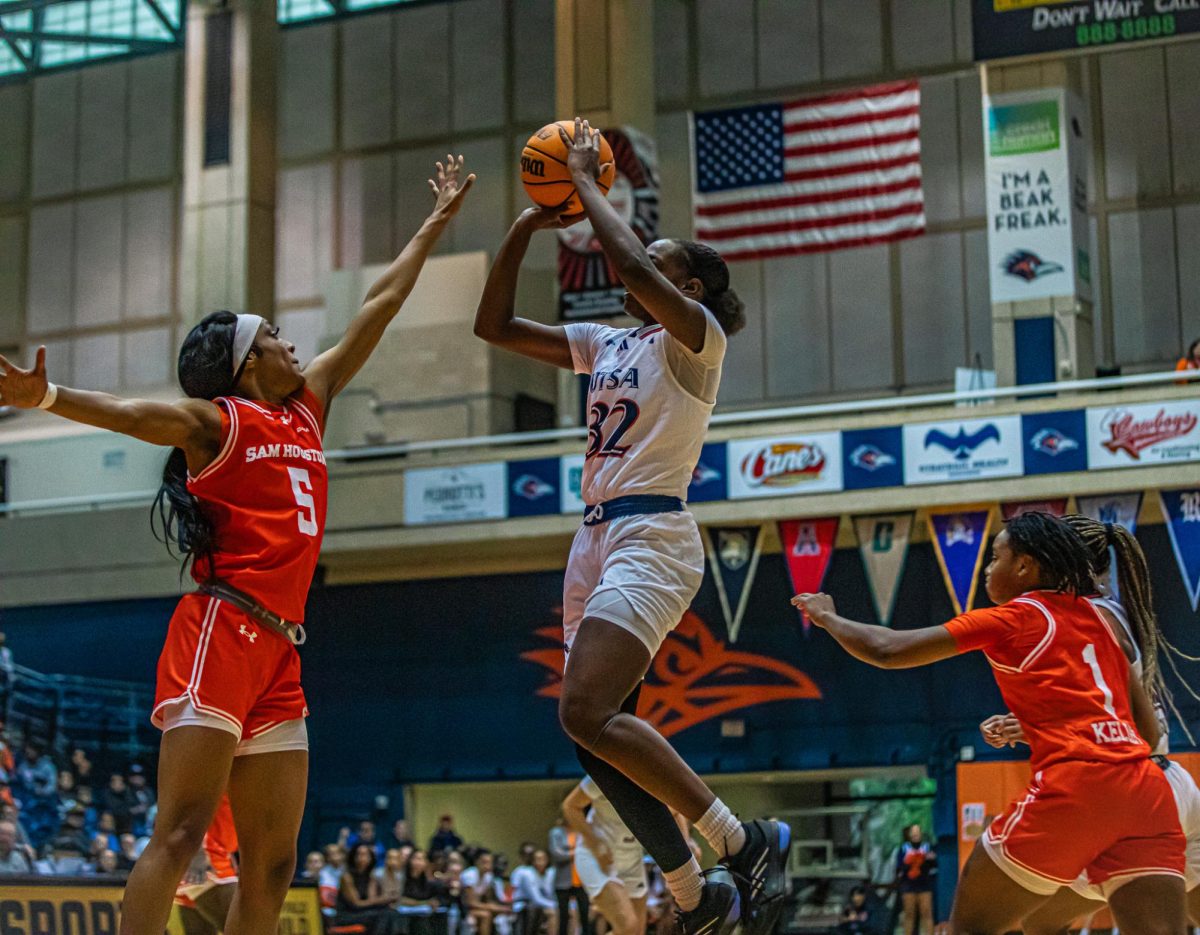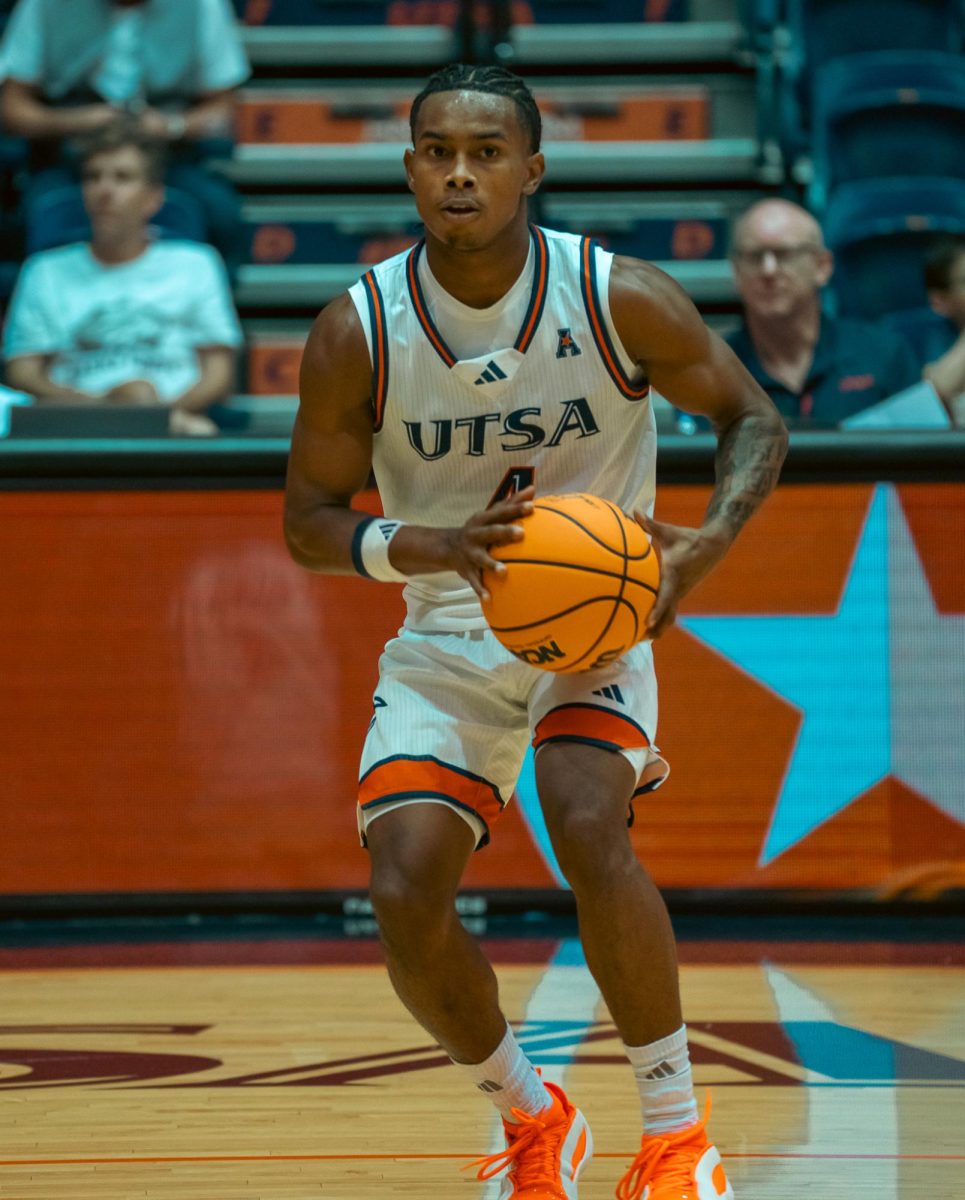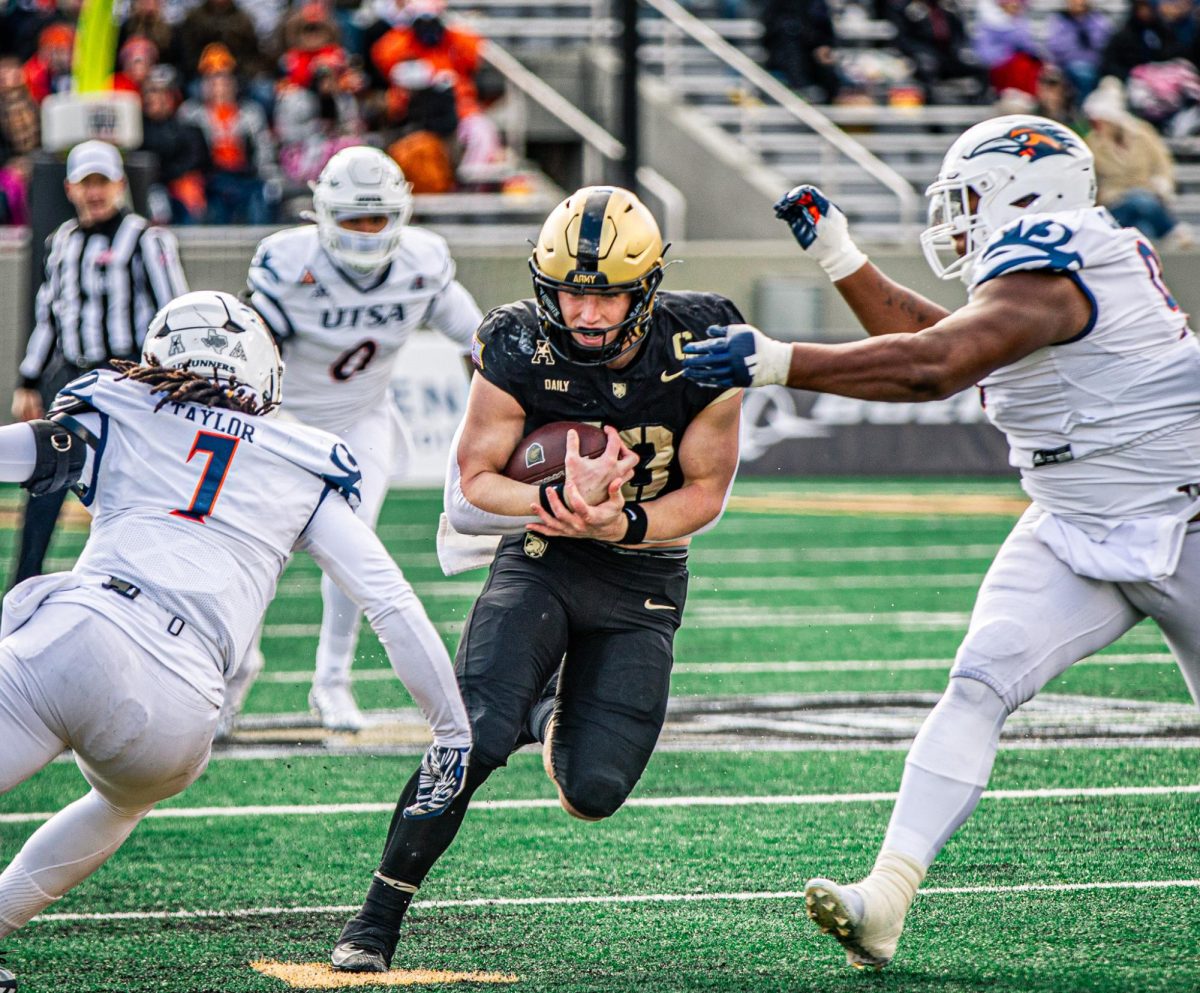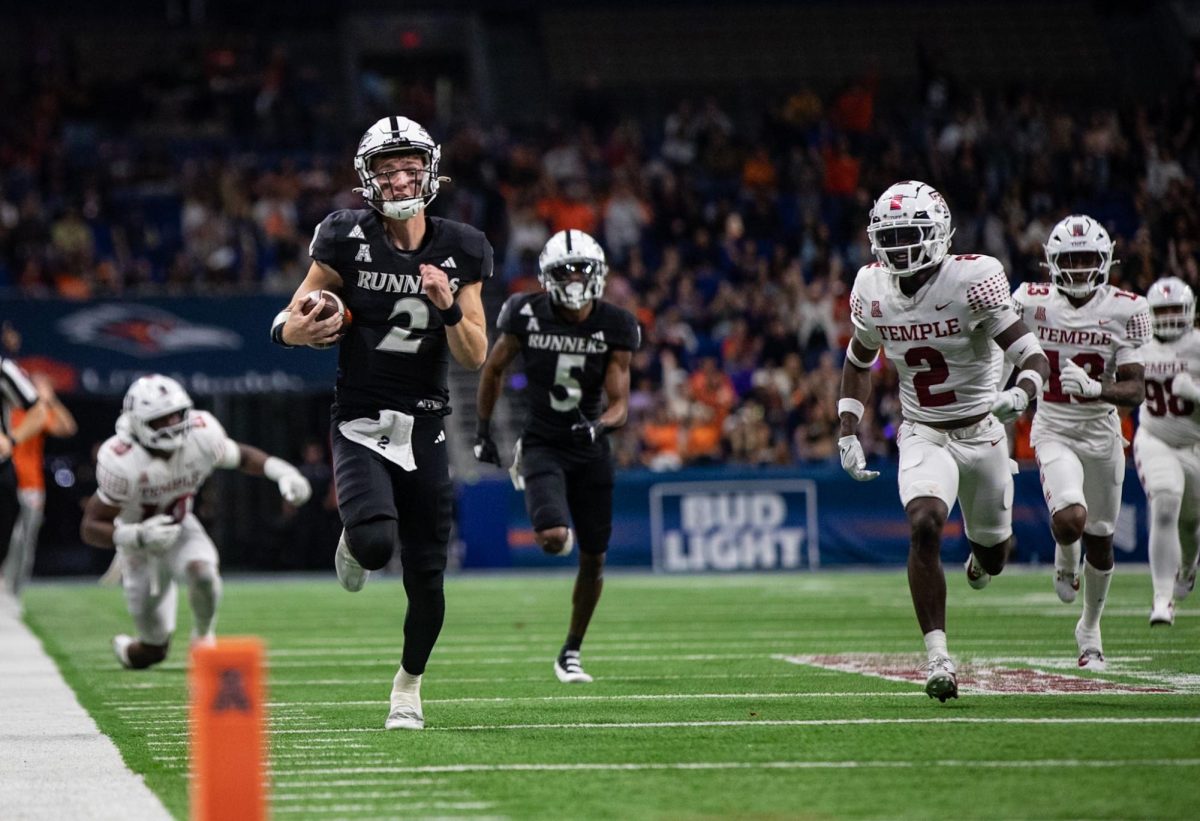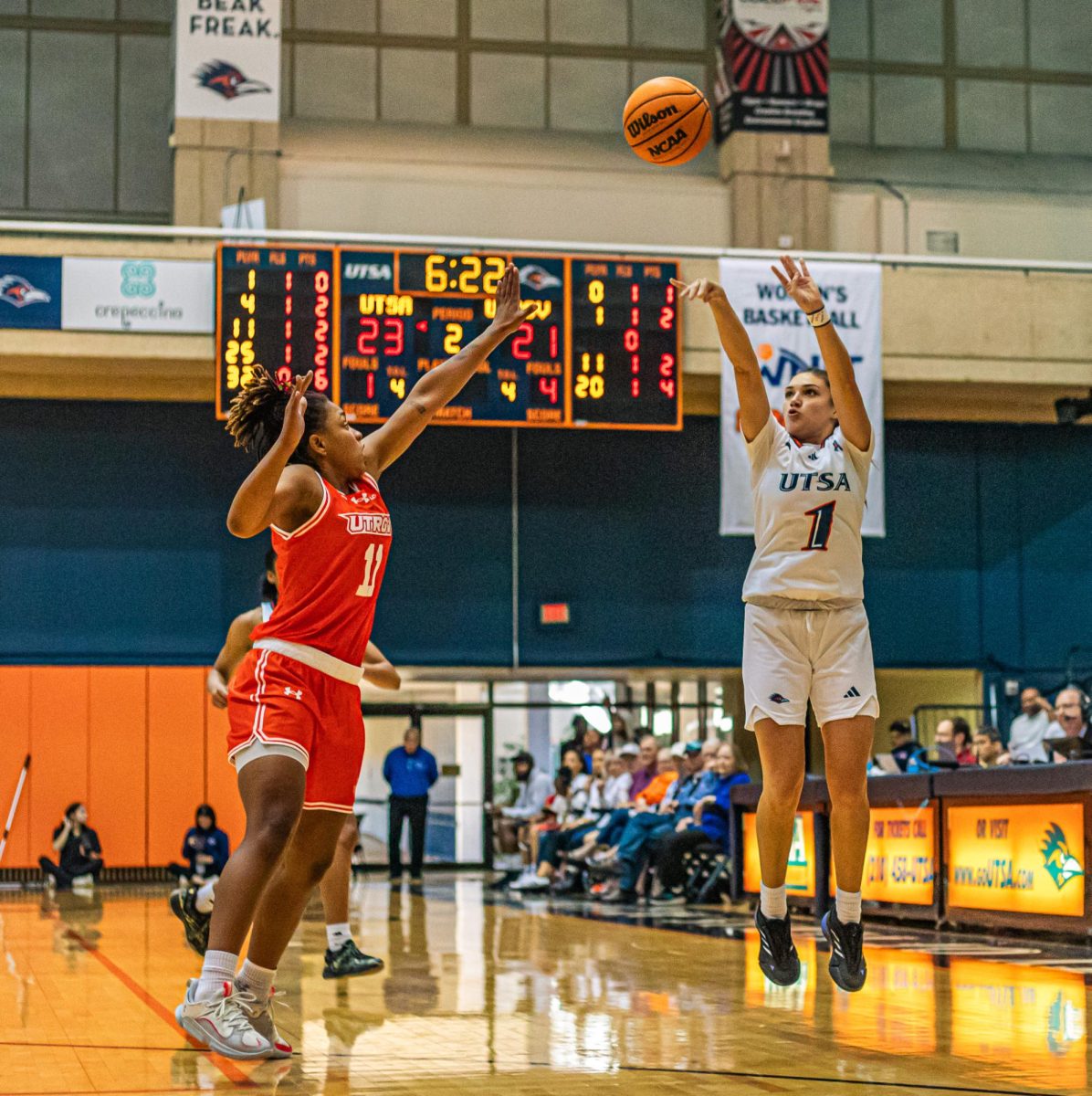Division I university sports teams will generate an estimated $9 billion this year. However, only the top 20 of 230 programs will pull in more than $100 million, most won’t even break more than $20 million.
The debate on whether or not college athletes should be paid a salary has been going on for decades now. With so much revenue, there has to be enough to pay athletes wages in addition to scholarships, right? When you dig deeper into it, there are some complications.
The NCAA maintains a strict use of amateurism; on their website they state “amateurism is crucial to preserving an academic environment in which acquiring a quality education is the first priority.” Due to this, the rules regarding athlete compensation are strict.
Foremost, athletes are not permitted to use their likeness to sell autographs or be affiliated with a brand. They are also not allowed to accept gifts from unaffiliated parties such as sports agents and corporations. An example of this is the 2005 scandal that rocked the University of Southern California. That year, two star athletes, Reggie Bush, a running back and Heisman Trophy winner, and O.J. Mayo, a star basketball player, were both caught accepting gifts from sports agents. This was a direct violation of the amateur rules set by the NCAA. As a result, their amateur status was stripped and Reggie Bush had to forfeit his Heisman trophy, and USC was forced to vacate all of their wins for the 2005 season.
Another obstacle for athlete compensation is the problem of how the money would be distributed to athletes across the board. While men’s football and basketball constitutes the majority of revenue pulled in by NCAA sports, it would be unfair to compensate only a fraction of the athletes participating. It would be a more difficult task to determine how much each player gets paid. Do All-Americans warrant more money than their counterparts? Do sports that bring in less revenue have the option of paying their players the same amount that football or basketball players would get? This would have to be heavily regulated and would change based on whatever school the athletes attend, as every school brings in various amounts of revenue.
And of course, the argument that has always been at the forefront of this debate: athletes don’t need monetary compensation; a free education is enough. When people think of scholarships, most assume that all athletes get full-rides and don’t owe anything to the school. However, most universities have a set limit on the amount of full-ride scholarships they can give out, so not everyone gets through college without paying. Some form of monetary compensation could help them out and keep them from having to take out loans. There have been arguments that paying a salary would be a bad idea, due to college students generally having little knowledge when it comes to finances and would encourage reckless behavior.
Nonetheless, the debate will continue on. Athlete compensation is years ahead, if it happens at all. The NCAA would have to change their rules or dissolve completely for it to ever become reality.

